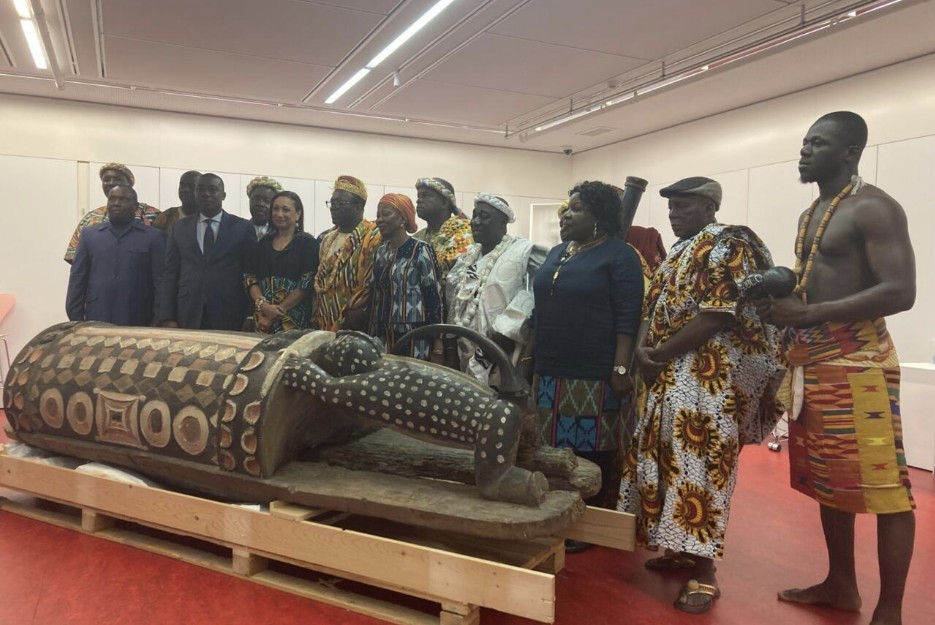Yes to Boba Milk Tea, No to You: The Selectiveness of Asian Inclusion in the West
- Tanisha Choudhury
- Apr 5, 2021
- 3 min read
The West is known to be a melting pot of different cultural contributions and to no surprise, Asian contributions are no strangers. From Boba milk tea to a warm bowl of Pho to the dazzling world of K-pop, the West has welcomed elements originating from Asia with open arms. But the line starts to blur when racism and hate crimes against the Asian diaspora continue to be a fixed aspect of global media, demonstrating the West’s tendency to cherry-pick elements that suit their taste, leading to inherent damage in global societies.
Last month, UN Secretary-General António Guterres raised serious concerns over the surge of hate crimes against the Asian communities with the hashtag #StopAsianHate topping trend lists on various social media platforms. At the same time, a video of a Korean couple from Western Australia being targeted with derogatory slurs as they awaited a pregnancy scan surfaced on the Internet and garnered thousands of views.
There is no doubt that Anti-Asian sentiments have always existed within Western society, even before the emergence of COVID-19. However, fanatic Tweets and posts hosted by the Trump administration, declared a blame game and irresponsibly gave rise to insensitive remarks such as “Kung-Flu” and “Chinese Virus”. Anti-Asian sentiments were shifted to the forefront and displayed how racism was, and continues to be disguised as political justification.
Now we may never know whether or not former President Trump’s frequent use of such remarks led to the horrid hate crimes against the Asian community but one thing is definite - violence against the Asian community is real and rising day by day.
The Stop AAPI (Asian-American and Pacific Islander) Hate group received 3,795 incidents from March 19, 2020, to Feb. 28, 2021, with current data estimating that reported incidents show "only a fraction of the number of hate incidents that actually occur, but it does show how vulnerable Asian Americans are to discrimination, and the types of discrimination they face."
As Western society and its media gives the green light to elements from Asia that suit their taste buds, a harmful notion that is often overlooked is perpetuated - a notion that leads to filtering the identity of many members of the Asian community.
“We're taught to put away our culture, try to be white. We're taught that all we are is boba, ramen, K-pop, anime. But we're so much more than that," said a member of the Asian American community, Simon Rafael Piolo to LAist reporter Josie Huang.
With such statements made, it is obvious that the West is embroiled in an awkward tension. It continues to consume Asian foods, entertainments, and media all while being surrounded by an environment filled with Anti-Asian sentiments that continue to go against basic human rights and freedoms on the basis of race. And this habit has not gone unnoticed by the Asian community. Through a tweet, Japanese professional tennis player Naomi Osaka pointed out the West’s tendency to profit off elements of Asian origin such as matcha, anime and bubble tea all while “attacking/diminishing the ethnic group that created it.”
Time and time again, with every hate crime, every racially motivated murder and every hint of casual racism dripping from the words of world leaders, we are reminded of the ironic truth of how unprogressive a society spilling with multiculturalism truly is.
So, with all that is said and done, it is time the rest of the Western audience starts listening to the voices of the Asian community. It is time to realise that the elements of food, media, and music the West greatly enjoys often originates from the very cultures of Asia they choose to disrespect.





Comments